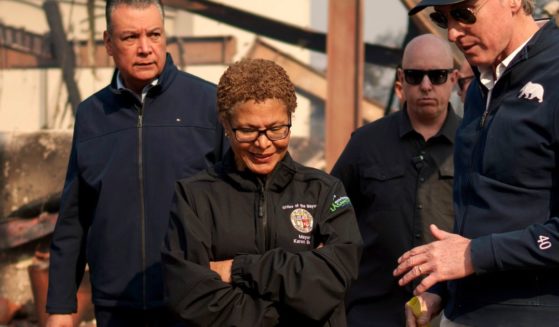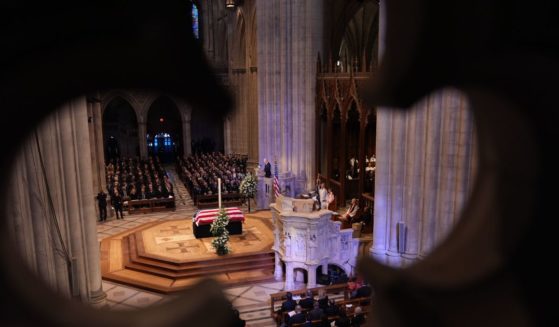Rescuers Save 6-Year-Old Boy Found Badly Beaten & Tortured by Father
Tragically, many children grow up having been subjected to domestic abuse. In India, a conscious effort has been made to fight this injustice that has plagued their society for far too long.
In 2007, the Ministry of Women and Child Development conducted a survey, which reported that over 53% of children are subject to sexual abuse.
52.9% of Boys Sexual Abused
The study conducted by the Indian Govt. Women and Child Development Ministry said 53.2% of children had experienced one or more forms of sexual abuse. Of this, 52.9 % were boys . Boys of ..https://t.co/DgTOLi9yUW pic.twitter.com/CKMFxQUWYE
— Ariella Lebovitz (@LebovitzAriella) January 1, 2018
Although the report focused on sexual abuse, these figures are still very applicable to the conversation regarding domestic violence.
In response to this study, the Indian government took steps to eliminate childhood sexual abuse and domestic violence by passing the Protection of Children from Sexual Offences Act in 2012. However, this law has proven to be somewhat ineffective due to lack of enforcement.
On Feb. 20, authorities in Bihar, India, saved a young man from acts of domestic abuse from his father. The young boy, Abhishek Kumar, was in a critical state after being denied food for 7 days.
He looked frail and was extremely weak, barely able to speak or move. During this time, his father, Mukhtar Mahato, reportedly beat and tortured his son in a continuous drunken rage.
Villagers reported that, “[Mahato] always returns home drunk and then tortures his son.” A level of public indifference is evident in this last statement.
Others were clearly aware of the suffering for some time, but they chose to do nothing. The boy was starved for a week before someone finally tipped off the authorities.
Some claimed that their attempts at interference were met with violence. However, there is clearly a larger societal issue at play here.
A report from Human Rights Watch claims, “many cases of sexual abuse of children remain unreported due to institutional barriers that make reporting difficult, or ill-treatment and social stigma in government and community responses.”
The stigma regarding reporting might be the most important part of this statement. Because many of these cases of abuse happened at home, community members seem less willing to intervene. If community members fail to do so, enforcement and retribution will also fail.
In an effort to increase reporting in 2014, the United Nations Committee on the Rights of the Child called for, “guidelines to ensure mandatory reporting of all cases of child sexual abuse, and [to] take necessary measures to ensure the proper investigation, prosecution, and punishment of the abusers.”
Similar reports of abuse from 2013 and 2014 prompted the following statement from Meenakshi Ganguly, South Asia director of HRW: “News reports of yet another horrific child sexual abuse case suggest that the Indian central and state authorities need to be doing more to protect children.”
In his statement, he called for a system to monitor public places where children are abused. However, such laws cannot realistically be applied to private residencies. As a result, the community must be the ones to intervene when something seems off.
Thankfully, one brave soul said something before it was too late for Abhishek. However, if the community had fought this injustice as it occurred, Abhishek, may not have suffered at the hand of his father at all.
Because this is still an issue in America, we should also be vigilant of potential abusers. Remember, if you see something, say something. If you do, you can save a life, and potentially make the world a better place.
Truth and Accuracy
We are committed to truth and accuracy in all of our journalism. Read our editorial standards.
Advertise with The Western Journal and reach millions of highly engaged readers, while supporting our work. Advertise Today.











